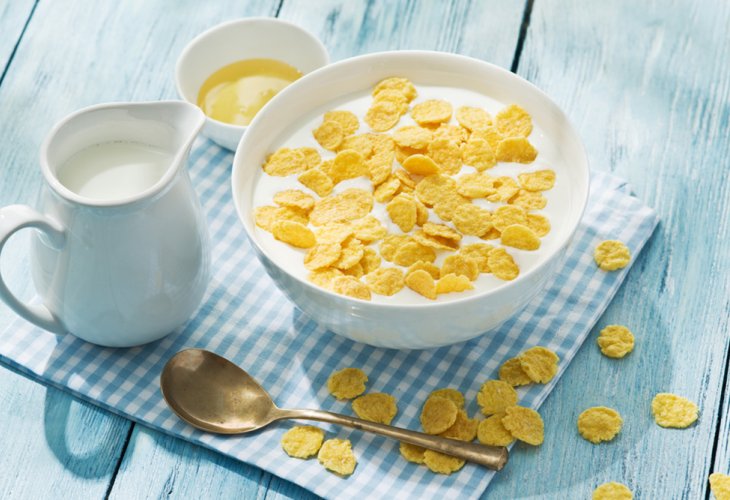Unpacking the Myth of Breakfast Cereals
Advertisers promise strength, health, concentration, and a high quantity of vitamins and minerals. Unfortunately, reality tells a different story.
 (photo: shutterstock)
(photo: shutterstock)The most common breakfast (and unfortunately, dinner) meal in the country is various types of breakfast cereals. Advertising companies have convinced us that this is a health food.
But breakfast cereals are processed, artificial, and refined foods, high in sugar, and it's a shame our kids start their mornings or end their day with cereal and milk.
Advertisements promise us strength, health, concentration, and even a high amount of vitamins and minerals. Cereal packages are designed with colors and pictures of nature to suggest the contents are natural and healthy.
Unfortunately, reality is entirely different.
Cornflakes, for instance, is one of the best-selling products. We all know it's corn, what's bad about that?
It's a processed product. It doesn't naturally contain enough dietary fiber, and its salt and sugar content is high. Moreover, cornflakes contain emulsifiers, which can upset the digestive system. The corn, often genetically modified, undergoes high-temperature processing, damaging nutritional values. Even the color of cornflakes isn't natural – most cereal types have added food coloring to enhance appearance. Manufacturers don't consider what this does to our health. Antioxidants are often added to ensure a long shelf life.
Some companies have reduced sugar content "for the sake of our health." The problem is, they've substituted it with other sweeteners, which aren't beneficial for us either.
In general, all breakfast cereals are sweetened far beyond proportion. Pillows and cereals coated with honey or chocolate aren't a nutritious meal; they're more in the category of sugary, fatty snacks – fine occasionally, but not regularly. Bran cereals help digestion but might contain high sugar or unsuitable sweeteners. Essentially, there is no artificial sweetener that doesn't harm in one way or another.
Even a product that doesn't have a high calorie count can contain many harmful ingredients, so don't be swayed by promises. Read the ingredient list. Check the sugar content, the types of additional sweeteners, whether the cereals contain food coloring, and the fat content. Ideally, the product should not contain more than five percent fat.
Zohara Sharvit is a licensed naturopath N.D, specializing in iris analysis, with extensive experience in treatment, consulting, and workshop facilitation. To book a free workshop, call 073-2221290

